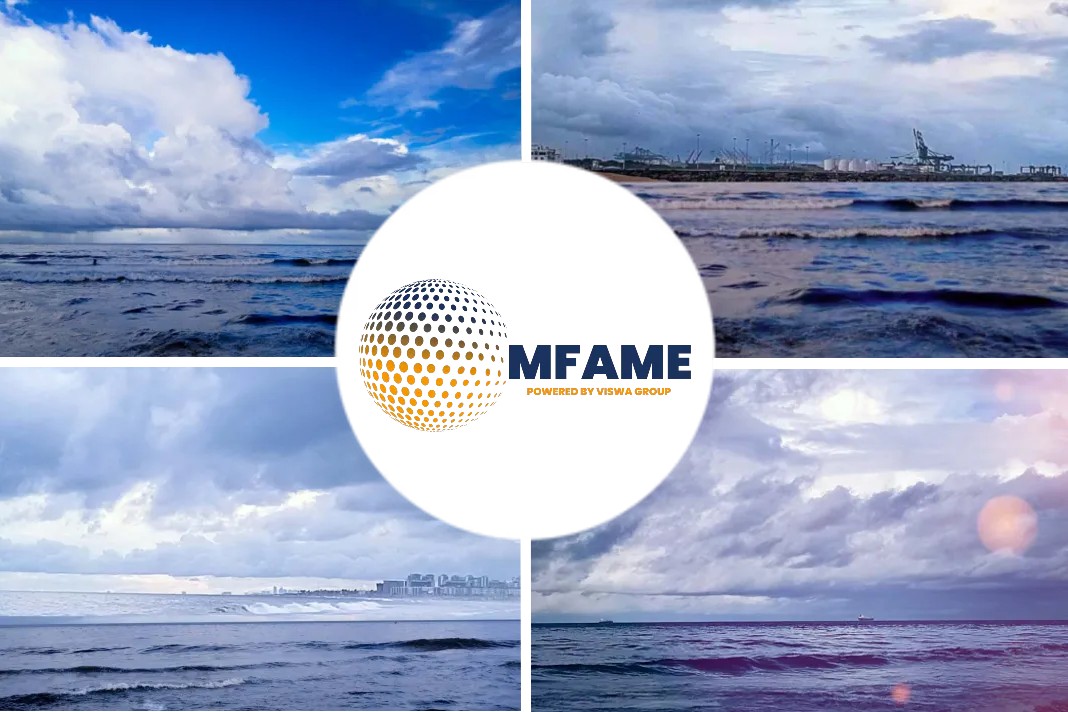- The maritime risk landscape is changing in multiple ways – much of it driven by Covid and environmental issues, and also cybersecurity.
- ICS held a webinar to discuss, with speakers from IGP&I, Marsh and Suardiaz Group.
Covid has caused the maritime risk landscape to change in multiple ways, including that it leads to financial risks or withdrawals of insurance coverage, says an article published in Tanker Operator.
Environmental issues also change risks in multiple ways, including risks from people not being familiar with the new fuels and technologies, and from new regulation.
Webinar on shipping risks
The International Chamber of Shipping put together an expert panel for a webinar on Apr 14 to discuss how shipping risks are changing. The participants were Nick Shaw, CEO, The International Group of P&I Clubs; Louise Nevill, CEO Marine and Cargo, Marsh Specialty; and Juan Riva Francos, CEO of shipowner Suardiaz Group. Group members also share experiences, in a number of specialist committees. The members also have a very good view on the changing maritime risk picture from the claims submitted to them.
There are “a number of new and emerging risks which International Group is considering,” said Nick Shaw, CEO of IGP&I.
Covid
IGP&I saw Covid as a major risk in multiple ways. Although so far, “apart from the crew change crisis,” the shipping industry has managed the risks “pretty well,” he said.
IGP&I set up a working group to address Covid related risks. The working group provided information to shipowners about changing port regulations for crew changes. It also shared detailed information about claims submitted. This helped the re-insurers to better assess the risk and have confidence that the situation was being managed.
Environment
One risk concern related to the environment is that regulations are implemented on a non-global basis, such as with the EU making its own rules for emissions.
It is important that insurers don’t withdraw offers of insurance for ships which don’t meet high emissions standards, because those ships might then take out insurance which doesn’t fully cover them, Shaw said.
Another issue is deaths in enclosed spaces, of both seafarers and people attending in port. Shipowners want to feel they can trust insurance companies and markets to work with them, and not just slam on new ‘exclusions’ if any new risks emerge in future.
Marsh
Louise Nevill, CEO Marine and Cargo, Marsh Specialty, said that COVID 19 has increased risks to shipping in many ways and The majority probably weren’t as prepared for what’s happened as we should have been.
Marsh Speciality is a division of insurance brokers Marsh which looks at “specialty risks” (unique requirements). Marsh co-publishes the “Global Maritime Issues Monitor”, together with the Global Maritime Forum, and the International Union of Marine Insurance.
She was asked how insurers balance the need to charge high prices to cover some unknown risks, and how they keep prices low to attract business.
“We’re in a relatively hard market in insurance at the moment,” she replied.
“You’ve got to know when you’re about to tip the balance between profit and loss and take the appropriate measures. But it doesn’t often happen. Underwriters keep following the cycle down and red ink starts hitting the balance sheet.”
Machine learning
Speakers were asked how much machine learning can be used to help assess risk. Ms Nevill replied that assessing risks is the foundation of the insurance business, and companies are increasing the amount of data they use to do this.Data is shared between clubs where there is an argument that it can be used to improve safety, for example in pilotage and enclosed spaces.Juan Riva Francos, CEO Suardiaz Group said that he anticipates data analytics being used to optimise supply chains, support condition based maintenance of ship equipment, and help reduce the bureaucratic burden and duplicated work on board.
Extreme weather risks
Speakers were asked how they see the risks caused by actual climate change – such as more extreme weather. Extreme weather conditions could lead to more vessel re-routing, speed reductions, actual damage, and an impact on maritime choke points, said Marsh’s Ms. Nevill. It could lead to geopolitical tensions.
IGP&I’s Mr Shaw said that any increase in direct risks from climate may affect ports more than ships. Ships are already “built to withstand most severe weather conditions. With improved technology and data on meteorological factors, ships can move from ports quite readily, where they see an extreme weather event materialising.”
Suardiaz Group’s Mr Francos said that climate problems may affect shipping more when it leads to problems with infrastructure, “as you saw in the incident in the Suez Canal.”
Did you subscribe to our daily newsletter?
It’s Free! Click here to Subscribe!
Source: Tanker Operator
















